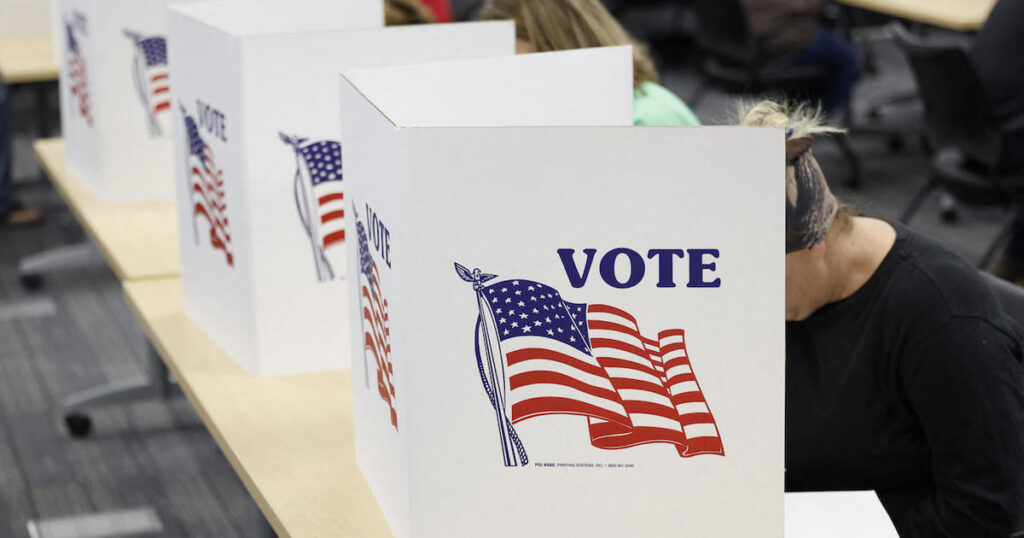[ad_1]
On the eve of Election Day, tensions are high and voters are feeling anxious — that’s been a theme throughout this entire election season.
“There’s a lot of drama everywhere. People have lost contact with humanity,” said voter Connie Wilson.
The U.S. was also an anxious country when George Washington took the first oath of office at Federal Hall in Lower Manhattan. The fledgling nation was riddled with debt, the Constitution was weak and the judicial system was in its infancy.
Over two centuries later, in the first presidential election since COVID-19 and the civil unrest and social upheaval of 2020, we are even more anxious now.
A poll by the American Psychological Association found 69% of Americans feel significant stress about this election, while 72% fear the outcome will lead to violence. More than half fear it will spell the end of our democracy.
While there may not be a cure for our national angst, there is still one thing that works — fair play. That means accepting defeat when defeat is clear, even when that clarity is wrapped in microscopically small margins.
Last year, Democrat Kimberly Pope Adams ran for a seat in the Virginia House of Delegates. The race in a district south of Richmond attracted nearly $6 million in spending.
“I campaigned for 18 months for a position that was only for two years, but it was worth it to me,” Adams said.
On election night, Adams trailed by 78 votes.
“We knew that we were down on election night, but we were still hopeful because we knew the process was not complete and there was opportunity to shrink the margin,” Adams said.
Under state law, Adams asked for a recount, but she never denounced her opponent, screamed fraud or alleged the election had been stolen.
The recount added 25 more votes to Adams’ total, but it was still not enough to win.
“It was heartbreaking. I’m not gonna lie. It was heartbreaking. But it wasn’t emotional because I didn’t believe it. It wasn’t emotional because I didn’t trust it. It was only emotional because it wasn’t what I hoped for, but I accept it,” Adams said.
When asked about the importance of accepting a close defeat, Adams said, “Before any of the rhetoric and before any of the picking of sides, remember who you are. Remember who your neighbors are. And at the end of the day know that we played by the rules and win or lose, that is the outcome.”
That offers a lesson in the burden of loving democracy and our constitutional republic, commanding us to love this experiment more than our own ambition, and accepting defeat when we have lost to carry on for America — not ourselves.
[ad_2]
Source link

